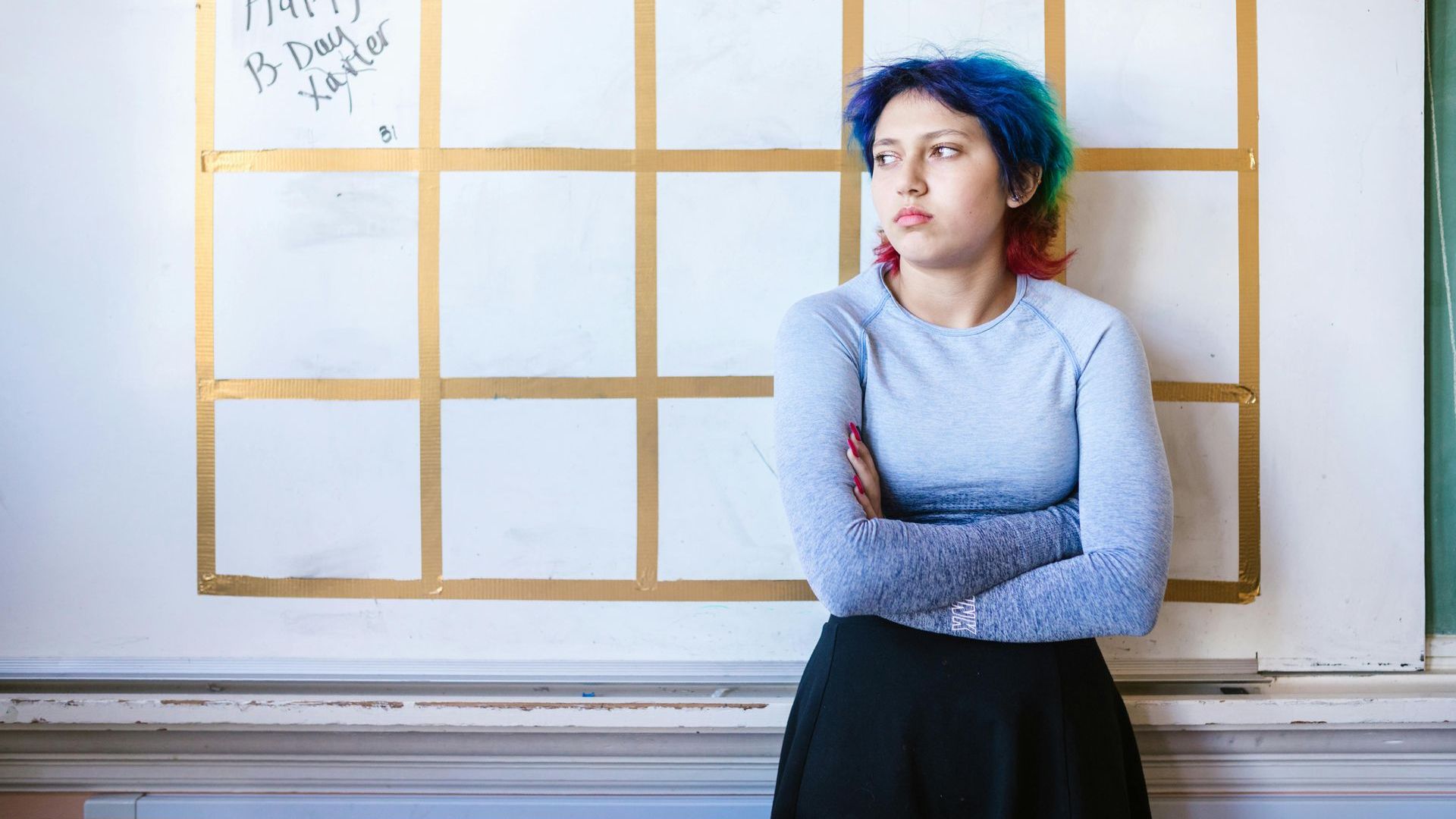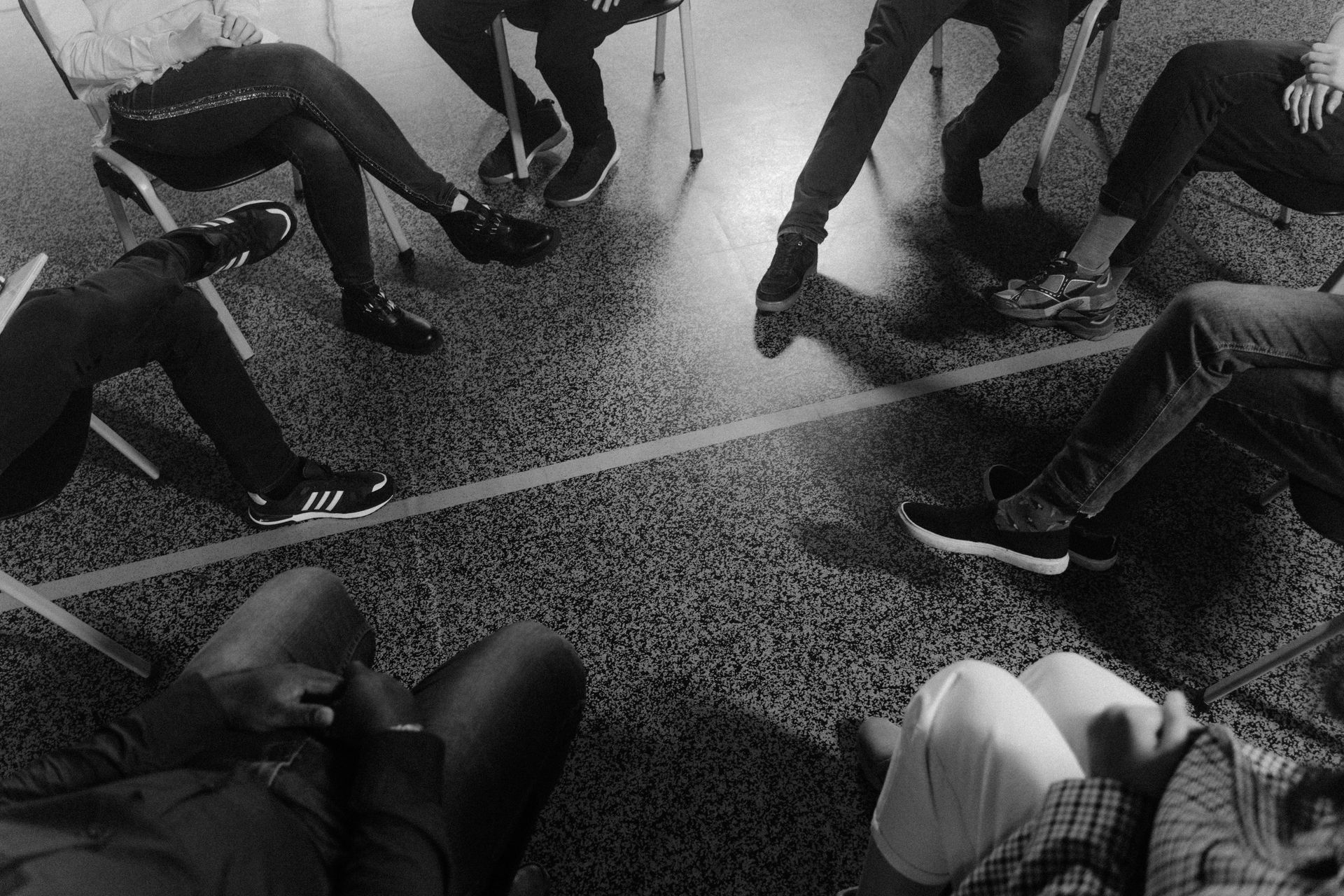Do I Have to Pull My Child Out of School for Treatment?

Do I Have to Pull My Child Out of School for Treatment?
If you believe your child has a behavioral health, substance use, or mental health disorder that requires a higher level of care, you are likely considering treatment options. Sadly, the “treatment as usual” approach can often mean pulling your child out of school to attend rehab. This can lead to a host of consequences.
Below are some of the difficulties that come with pulling your child out of school for treatment, along with a solution that will allow your child to continue to meet their school and other obligations—in-home treatment.
The Difficulties of Pulling Your Child Out of School
There are quite a few problems that can arise from pulling your child out of school for treatment. Some of these include:
· Missing school and falling behind. This can cause a lot of strain when trying to catch up and may even lead to a child needing to graduate later.
· Social challenges. Going to rehab can lead to missing major life events and feeling isolated from peers. This can lead to a child feeling “different” and even like there is something “wrong” with them. While this is not the case, these feelings can become troublesome and even problematic.
· Dropping out of afterschool activities. Extracurriculars are important for a variety of reasons. Not only do they look good on a college application, but they also help with socialization, self-esteem, and feelings of accomplishment. “Treatment as usual” often leads to the need to drop out of these activities, which can put a lot of strain on a child and may even lead to feelings of resentment.
· Isolation from real-world challenges. It’s extremely important for a teen to learn to face challenges head-on. A traditional treatment program (like inpatient treatment) can remove a child from real-world challenges. While there is an advantage to this (it allows them to focus on recovery), it can also make it that much more difficult for the child to acclimate to real-world challenges once they graduate from their treatment program.
The Benefits of In-Home Treatment
You may be wondering what other option is available besides the “treatment as usual” approach of inpatient or outpatient treatment at a treatment center. An outstanding and effective alternative to the “treatment as usual” approach that allows your child to stay at home while receiving the treatment they need is in-home treatment.
Below are some of the benefits of in-home treatment:
No Missing School or Activities
In-home treatment allows your teen to receive treatment from the comfort and safety of your home. This allows them to continue to attend school and meet their scholastic obligations. As the treatment provided by Front Door Health is based around your schedule, you also may be able to keep your child enrolled in their extracurriculars.
Treatment in the “Real World”
While removing a child from an environment that presents challenges may seem like a good idea on the surface, it actually comes with its own unique set of problems. Re-integration can be very difficult for many teens, as they grow used to being in a controlled environment with no temptations or social pressure. This can increase the chances of relapse once they are re-introduced to the pressures and challenges of the “real world.”
In-home treatment allows your child to continue to meet their challenges head-on, with the help and support of a team of trained professionals. We ensure your child has the tools they need to overcome external challenges, while also providing them with caring support should they relapse. It is our mission to ensure the safety and ongoing recovery of your child.
Family Treatment
Often, behavioral health, substance use, and mental health conditions can put a strain on the entire family. Because of this, it can be extremely helpful for the entire family to receive treatment sessions to build a stronger bond, heal old wounds, build trust, and enhance growth.
In a “treatment as usual” situation, family treatment and “family days” are built around the schedule of the treatment provider. With Front Door Health, we work around your family’s schedule and provide family sessions when it is most convenient for the family.
Individualized Care
Traditional outpatient and inpatient care often involves group sessions. This can be helpful for some, but for others, it can cause distress and discomfort. This can get in the way of the child opening up and, in turn, receiving the care they need.
Front Door Health believes in an individualized approach to treatment. This means no group sessions, and no need to connect with strangers. We also create a custom plan for each and every patient to meet their unique needs.
In-Home Support for Your Child
If you believe your child is suffering from a behavioral health, substance use, or mental health disorder and would like professional support, reach out to Front Door Health.
Front Door Health provides concierge, judgment-free in-home treatment for patients when they need it. We take an evidence-based approach to treatment, and we create custom treatment plans for our patients to increase their chances of success. Our treatment process is client-focused and individualized. This means no group sessions with strangers and no “treatment as usual” approach. Your child is unique and the treatment plan we create for your child is designed to meet them where they are along their journey and help them to reach their recovery goals.
We understand that it can be difficult for your child to put their life on hold and take time off school. Our in-home treatment allows your child to continue to meet their school, family, and other obligations while receiving the treatment they deserve.
If you would like to learn more about in-home treatment, contact Front Door Health today. We’re happy to answer any questions and provide your child with the help they need.
info@frontdoorhealthcenter.com



